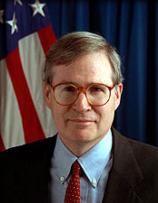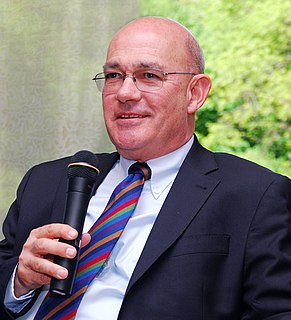A Quote by Morgan Spector
I have some friends who were involved in the Tahrir Square uprising in Egypt.
Related Quotes
There's a long history in the Middle East of "bread intifadas," starting with 1977 in Egypt, when Anwar Sadat tried to lift bread subsidies. People rebelled and poured into Tahrir Square, shouting slogans against the government just like they did earlier this year. Sadat learned his lesson and kept bread subsidies in place, and so did a host of other Middle Eastern dictators - many of whom were propped up for years by the West, partly through subsidized American wheat.
I'm optimistic, though. Now, with the Arab Spring, I think that people in the region are beginning to overturn some of these clichés, and Western editors are starting to catch up. We're seeing some exceptions to the stereotypes, like Elizabeth Rubin's great piecein Newsweek, "The Feminists in the Middle of Tahrir Square." But an article like that shouldn't be the exception. It should be the rule.


































